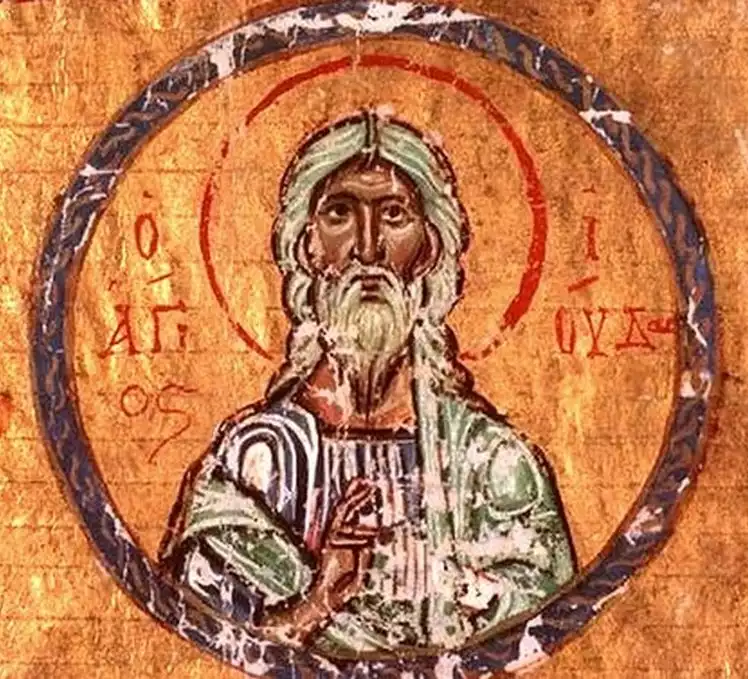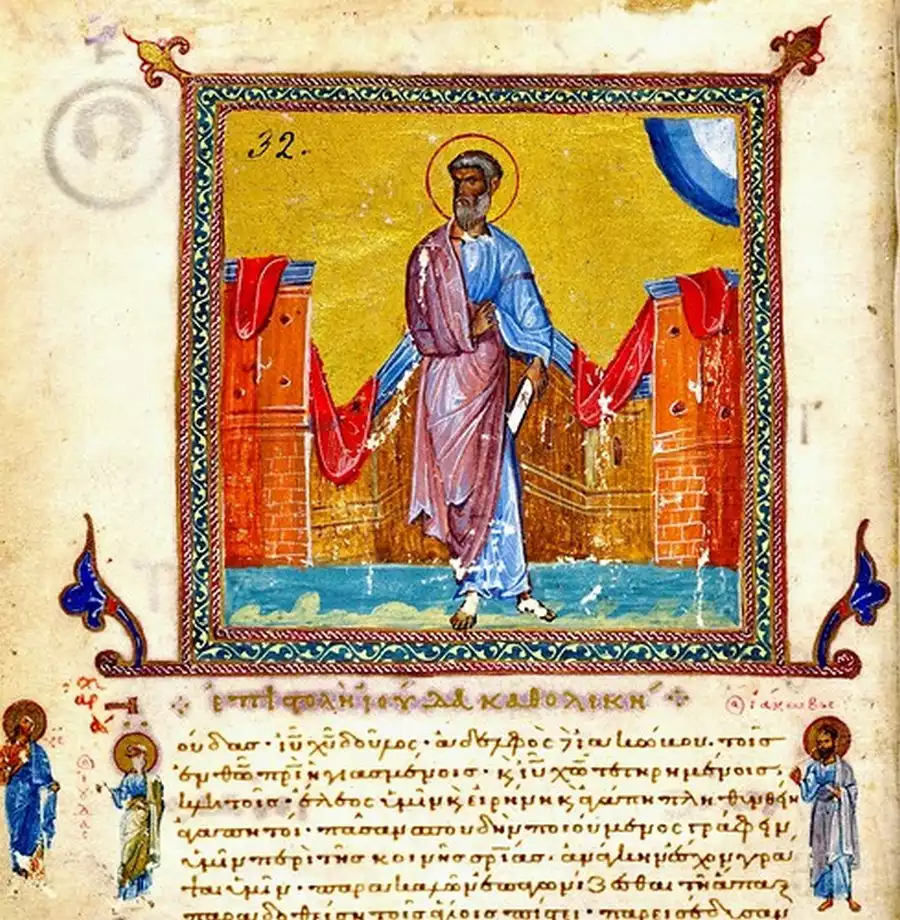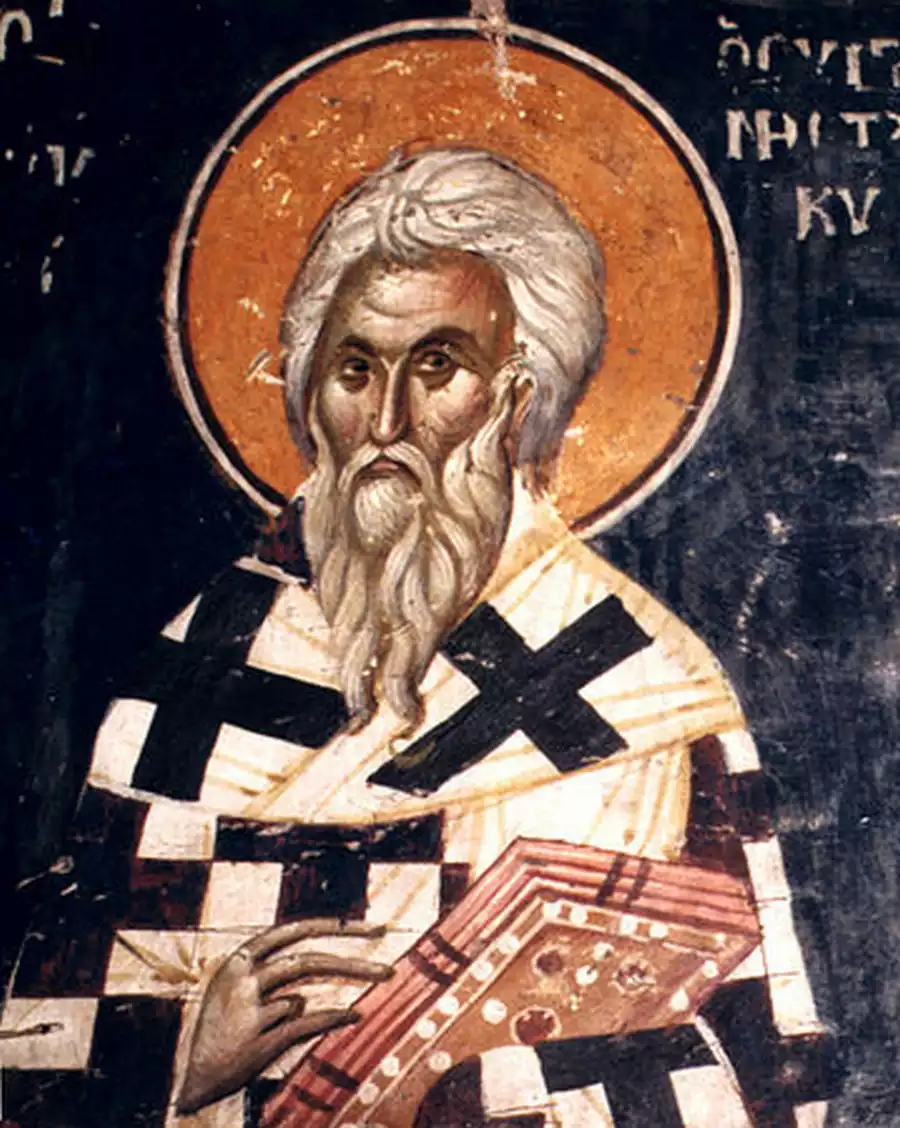
Saint Thaddaeus, one of the twelve apostles, holds a unique place in the tapestry of early Christian history. Despite the scarcity of detailed records about his life, including the specifics of his birth and death, Thaddaeus’ role as one of Jesus Christ’s chosen disciples underscores his integral contribution to the spread and establishment of Christian teachings.
Early Life and Apostolic Calling
Saint Thaddaeus, also known as Jude, emerged in historical records as one of the twelve apostles chosen by Jesus Christ. His early life, though not extensively documented, is believed to have been rooted in Galilean culture, immersed in the Jewish traditions of the time. This background provided a foundation for his later apostolic work. The New Testament mentions Thaddaeus in lists of apostles, but offers little about his personal history.
His calling to apostleship marks a significant transformation. Chosen by Christ, Thaddaeus embraced a new life dedicated to spreading the teachings of Jesus. His journey as an apostle reflects the broader narrative of the early Christian Church, transitioning from a Jewish sect to a movement reaching diverse populations. Thaddaeus’ role in this transformative period highlights his importance in the nascent Christian community.

Teachings and Contributions
Saint Thaddaeus’ contributions to Christian theology and teachings are crucial, albeit less prominently recorded compared to other apostles. He is traditionally credited with the authorship of the Epistle of Jude, a significant text in the New Testament. This epistle, though brief, offers profound insights into early Christian beliefs and the challenges faced by the community.
The teachings of Thaddaeus emphasize steadfastness in faith and the dangers of false teachings. He calls for Christians to remain faithful to the teachings they received and to build themselves up in holy faith. This message, pertinent in the first-century context of competing ideologies and beliefs, remains relevant today.
In his missionary endeavors, Thaddaeus is believed to have traveled extensively, possibly reaching areas such as Mesopotamia and Persia. His efforts contributed significantly to the spread of Christianity beyond the Jewish diaspora. The legacy of Thaddaeus, therefore, lies not only in his writings but also in his role as a missionary, helping to establish Christian communities in diverse cultural contexts.
Historical and Cultural Context
Saint Thaddaeus lived during a period of significant historical and cultural shifts. The Roman Empire’s dominance provided a backdrop to the nascent Christian movement, influencing its spread and reception. Thaddaeus navigated a complex landscape of Roman political structures and diverse religious beliefs. His apostolic mission, therefore, required not only religious conviction but also cultural sensitivity and adaptability. This context underscores the challenges Thaddaeus and his contemporaries faced in propagating Christian teachings.

Legacy and Veneration
The legacy of Saint Thaddaeus extends beyond his biblical presence. Over centuries, his veneration has grown, particularly within the Eastern Orthodox, Roman Catholic, and Anglican traditions. Thaddaeus is often invoked for his intercessory powers and is revered for his steadfast faith under challenging circumstances. The enduring respect for Saint Thaddaeus reflects his impact on Christian history and his role as a model of apostolic virtue.
Saint Thaddaeus, an apostle of Christ, remains an enigmatic yet influential figure in Christian history. His life, teachings, and missionary work significantly contributed to the early Church’s growth and theological development. While details of his life are sparse, his legacy continues through his epistle, veneration, and the enduring impact of his apostolic mission.
Feast Day: August 21 (Eastern Orthodox) – June 19 (Roman Catholic)

References
- Ehrman, Bart D. The New Testament: A Historical Introduction to the Early Christian Writings. Oxford University Press, 2016.
- Hahn, Scott. The Catholic Bible Dictionary. Doubleday, 2009.
- Levine, Amy-Jill, and Marc Zvi Brettler, eds. The Jewish Annotated New Testament. Oxford University Press, 2011.
- Pagels, Elaine. Revelations: Visions, Prophecy, and Politics in the Book of Revelation. Penguin Books, 2013.
- Tabor, James D. The Jesus Dynasty: The Hidden History of Jesus, His Royal Family, and the Birth of Christianity. Simon & Schuster, 2006.
